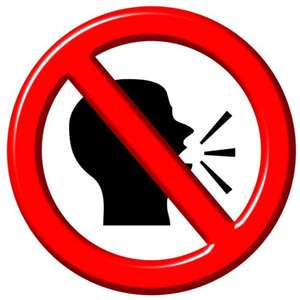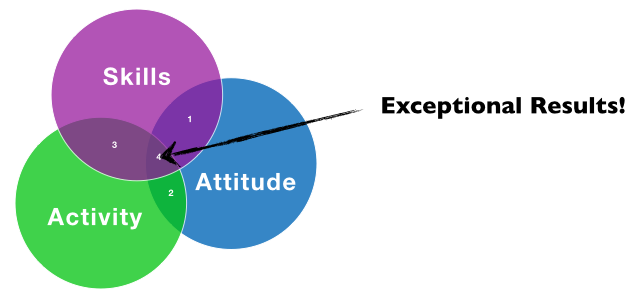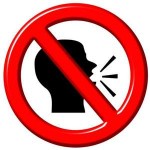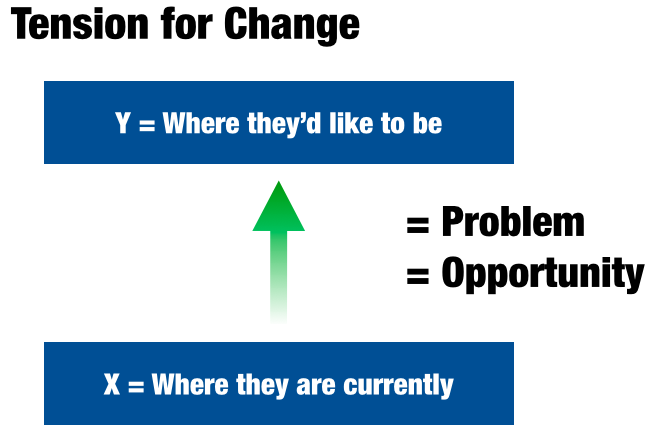 If you’re a sales manager who prides yourself on playing the role of a “sales coach,” one of the most important skills is learning to keep quiet.
If you’re a sales manager who prides yourself on playing the role of a “sales coach,” one of the most important skills is learning to keep quiet.
Do you get out in the field with your reps enough? Yes? Great. But what happens when do ride-alongs and do some sales calls together?
This is what typically happens:
Sales Manager: “OK Bob. What’s the objective of the next call?”
Bob: “I want to explain how our left-handed widget will help them cut their waste.”
Sales Manager: “Sounds good.”
Bob: “Hi Mr. Customer. Have you got a few minutes? Great. I wanted to tell you about our new product that I think you’re going to really like.”
Sales Manager: “Yes. We’ve spend a bundle on R & D to come up with it. It’s 43% better than the right-handed model. What are you the challenges you’ve been having with the right-handed one?”
BOOM. The Sales Manager is off to the races. He’s now deep in a conversation with the customer while Bob sits there and doesn’t dare interrupt. After the call is over, the Sales Manager asks, “How do you think that went?” to which Bob answers, “Pretty good.” The Sales Manager is thinking, “Darn good thing I was there!”
What kind of quality learning experience is that for the Bob? Hint: Not a very good one.
The first rule for sales coaches is to observe current behaviour. You need an accurate picture of what the rep is doing when you’re not there which you will not get if you take over the call. Far too often I see sales manager’s egos get in the way of good coaching. Sometimes it’s not ego as much as the sales manager’s eagerness to help the customer as much as possible that makes it impossible for them to keep quiet.
Frequently, sales managers tell me, “I can’t just sit there and be quiet. The customer’s expecting me to say something.” While I agree, you can still keep your conversation to a minimum. If a question is directed at you, simply defer it to the rep by saying something like, “Bob’s probably more up to speed on that than me actually.” And then let Bob take it.
I’ve been on calls where the rep has been messing up so badly that I’m practically ready to burst. It almost kills me to keep my mouth shut but I know that I have to. One way of looking at it is this – Bob’s probably messed up a couple dozen calls before this one. What’s one more? You need to have first hand evidence of what he’s doing. Otherwise, you will be coaching in a vacuum.
Instead of talking, a much better use of your time is to take a few notes of what Bob did well and what he can do better next time.
You’ll not only be able to coach more effectively, but Bob is going to look forward much more to your next coaching session!









